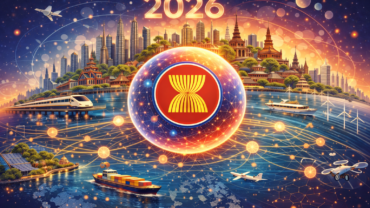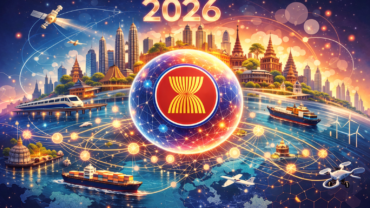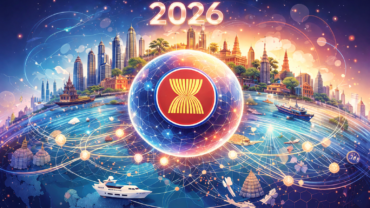Combating Illicit Alcohol in the Philippines

Illicit alcohol is a significant challenge in the Philippines, with international agencies estimating that 20–30% of all consumption is unrecorded. This includes homemade drinks such as lambanog, smuggled goods, and counterfeit products produced illegally as fake branded spirits. Production is concentrated in Metro Manila, where thousands of bottles are manufactured each month, targeting demand for premium imported alcohol. The COVID-19 pandemic further fuelled this underground market by disrupting supply chains and strengthening cross-border smuggling networks, leaving consumers exposed to unsafe, unregulated products.
To address this challenge, the Southeast Asia Public Policy Institute partnered with the Alliance Against Counterfeit Spirits (AACS), the Asia Pacific International Spirits and Wines Alliance (APISWA), and the Alcoholic Beverages Alliance of the Philippines (ABAPI) to deliver a nationwide campaign raising awareness of the risks posed by illicit alcohol.
The campaign’s objective was to increase consumer and value chain awareness and educate the public about illicit alcohol production and distribution in the Philippines. The Southeast Asia Public Policy Institute was instrumental in preparing evidence and data-driven messages to engage consumers and businesses operating in the supply chain to achieve this important policy goal.
The central message of the campaign was that responsible drinking starts with buying authentic products that are made to appropriate safety standards and have been subject to tax. The campaign was anchored in three key themes: illicit alcohol is present and awareness is important; illicit alcohol poses personal risks to health and finances; and, it damages the economy through lost tax revenue and harm to legitimate businesses. The campaign also emphasized clear calls to action: listen up and learn how to avoid illicit alcohol, report suspicious products, and dispose of counterfeits safely. Implementation combined digital platforms, influencer engagement, and traditional media. Dedicated Facebook, Instagram, and TikTok pages hosted 30 static posts and 12 informational videos, complemented by four local content creators who localized and reinforced the messages in engaging ways.
In just four months, this approach generated:
- 2.8 million views;
- more than 45,000 interactions, and;
- built a following of over 5,700 across platforms.
Traditional media added reach and credibility. Editorial coverage appeared in outlets including the Manila Standard, while broadcast interviews on the mainstream breakfast show It’s a Beautiful Day (4.6 million viewers) and ABS-CBN’s business program Market Edge (4.83 million viewers) extended the message to nearly 10 million additional viewers.
Both online and media reach were supported by the engagement and support of relevant government bodies, in particular the Intellectual Property Office of the Philippines (IPOPHL).
By making its objectives and messages clear, and delivering them through a blend of digital engagement, local influencer voices, and respected national media, the campaign succeeded in putting illicit alcohol on the public agenda in the Philippines. It not only raised awareness of the scale of the problem but also equipped consumers with practical knowledge and tools to make safer, more responsible choices.
News and insights

Southeast Asia Global Relations Outlook Part 2: India, BRICS, and GCC

Southeast Asia Global Relations Outlook Part 2: The EU, Japan, and South Korea
